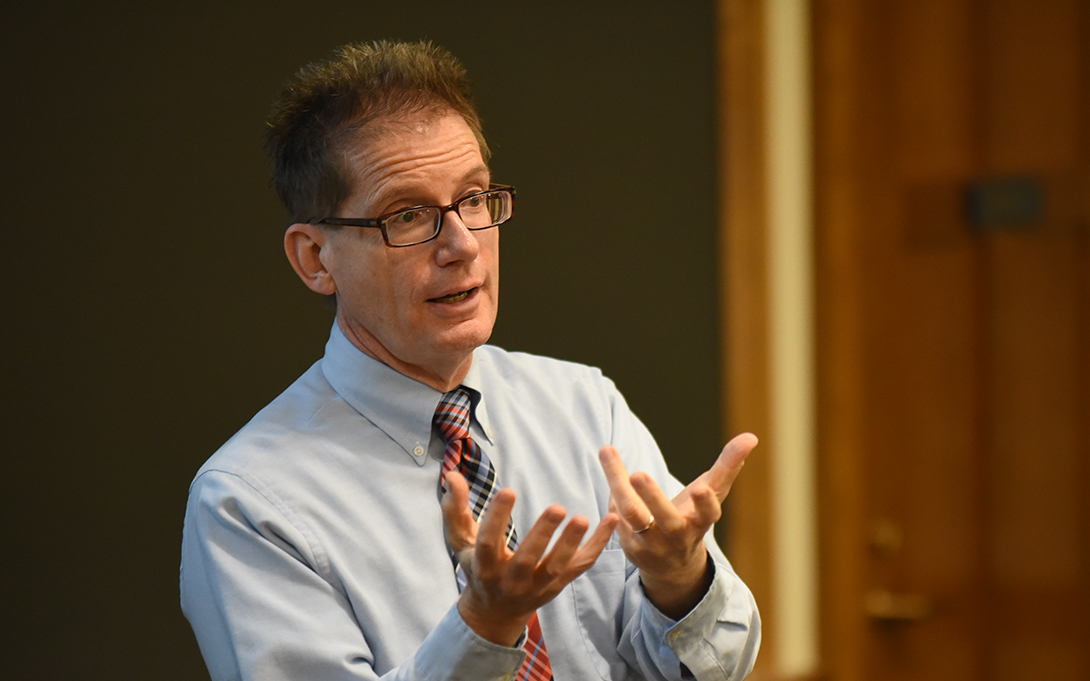
Ford School professor of Environmental Policy Barry Rabe writes in an essay for the Niskanen Center July 16 that” the recent Senate passage of the Great American Outdoors Act–buoyed with overwhelming bipartisan support–is a remarkable achievement in these hyper-partisan times.”
He notes the funding mechanism should seem like a no-brainer, "taking funds from drilling royalties and allocating substantial funds into visible parks and recreation areas." The structure "offers some insights into how to link a fee or tax on resource extraction and eventual use with the provision of a broad public benefit," even reflecting how some forms of carbon pricing are being implemented.
He writes: “The legislation, which has since moved to the House, would approve permanent annual funding of $900 million without appropriations review. Revenue would be divided between federal and state governments, and also create a five-year fund to begin addressing the maintenance backlog in national parks. It would build on 2019 legislation named in honor of Michigan’s legendary congressman and conservation champion John Dingell, which established a permanent program reauthorization rather than leave it vulnerable to ongoing fluctuations and uncertainties.”
He continues, “Three significant factors converged to seal the deal, perhaps offering lessons for other policy areas: Broad revenue distribution works, Workhorses can still make a difference, and Upstream revenue sources remain popular.”
You can read the essay here.
Barry Rabe is the J. Ira and Nicki Harris Family Professor of Public Policy at the Ford School. He is also the Arthur Thurnau Professor of Environmental Policy, with courtesy appointments in the Program in the Environment, the Department of Political Science, and the School for Environment and Sustainability. A non-resident senior fellow at the Brookings Institution, Barry directed the Ford School's Center for Local, State, and Urban Policy (CLOSUP) from 2012-2019 and was a visiting fellow at the Woodrow Wilson International Center for Scholars in 2015. His research examines climate and energy politics, and his most recent book, Can We Price Carbon? (MIT Press) was released in 2018. He has received four awards for his research from the American Political Science Association, including the 2017 Martha Derthick Award for long-standing impact in the fields of federalism and intergovernmental relations. In recent years, Barry has chaired the Assumable Waters Committee of the U.S. Environmental Protection Agency and has served on recent National Academy of Public Administration panels examining the Departments of Commerce and Interior as well as the Oklahoma Corporation Commission. He is currently a member of the U-M Carbon Neutrality Commission.
